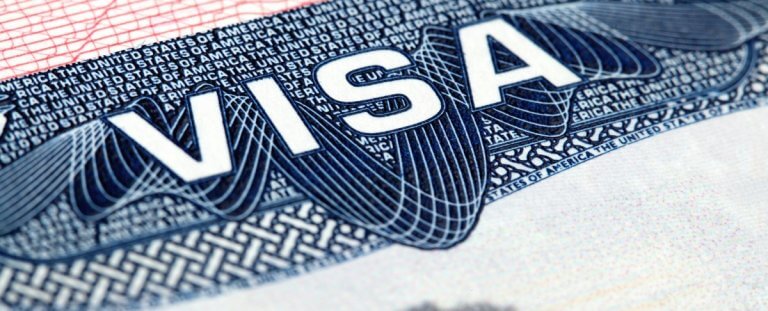
Slightly more than one in three applicants for the popular visa program can expect to be selected in its lottery program, an international immigration firm has predicted.
The H-1B visa program, which allows US employers to hire foreign workers in specialty occupations, opened for applications on April 2. In five days, the United States Citizenship and Immigration Services (USCIS) announced it has reached its general quota cap of 65,000 as well as the cap of 20,000 for advanced degree holders (from US universities) also known as the Master’s cap.
According to Times of India, New York-based global specialist in immigration Fragomen predicts that there is a “roughly 38 percent” of applicants being selected in the lottery.
US agency conducts H-1B visa lottery for 1.90 lakh applications https://t.co/rQvF37KH7n via @TOIBusiness pic.twitter.com/2Sii5NvScV
— The Times Of India (@timesofindia) April 13, 2018
The USCIS uses a lottery mechanism to select successful applications as the number of applications they receive are usually several times the annual quotas. On April 11, USCIS said it used a computer-generated random selection process (lottery) to select the applications received between April 2, 2018 and April 13, 2018.
Two lotteries were run – the first is to select the 20,000 to meet the Master’s cap quota.
Those unselected from this round will join the random selection process for the 65,000 general cap to be chosen from the remaining 170,000 applications.
Fragomen said applicants with advanced degrees have a higher chance of getting selected:
“This year, general cap filings have roughly a 38 percent chance of selection in the lottery. The odds for the advanced degree cases are somewhat higher because these filings get a second chance for selection, if they are not chosen in the initial lottery.”
“The overall chance of selection this season is approximately 45 percent,” it explained.
Applicants selected will then go through a round of requests for additional evidence by USCIS before a decision is made whether to grant their visas or not. This year, immigration experts are expecting a higher number of such requests.
During this vetting process by USCIS, applicants can expect questions on whether the applicants have specific assignments in a specialty occupation, and whether these assignments last for the entire time as requested in the application.
After receiving the request, applicants have 90 days to submit their documents to prove their case.








Liked this? Then you’ll love these…
US govt fills annual cap of 85,000 H-1B visas in just five days
Why this immigration Bill wants double the number of H-1B visas granted